#AutomotiveIndustry
Germany's Transition to EV-Land Sounds Slightly Unpleasant
Yesterday, we discussed Volkswagen trouble in finding the perfect recipe for affordable electric cars. Today, its BMW’s turn, and a broader look at how electrification is affecting Germany on the whole.
Reducing auto emissions has become immeasurably stylish in countries across the globe, with Europe doing some of the heaviest lifting via stringent regulatory measures. As a result, Germany’s automotive sector intends to go green and push EVs to the forefront. While BMW may not have committed itself to electrification quite so thoroughly as Volkswagen, the company isn’t sitting around while the competition does everything. The company is making concerted efforts of its own. Still, there are drawbacks to upending established supply chains and dumping a fortune into developing an entirely different type of car.
Carlos Ghosn Releases Video Message From Prison
Out on bail and awaiting trial, former Nissan CEO Carlos Ghosn was arrested in Japan last week for the fourth time since November — putting the kibosh on a scheduled press conference where he promised to “tell the truth” about what’s been going on.
While Ghosn’s supposed bombshell will have to wait for another day, he did manage to get word out from prison in a personal video message to the world.
How Seriously Should We Take Trump's Mexican Auto Tariff Threat?
On Thursday, President Donald Trump threatened to impose tariffs on cars entering the United States from Mexico if the nation doesn’t assist Washington in dealing with the migrant situation at its southern border. It’s a rather bold ultimatum, coming hot on the heels of claims that the White House was seriously considering closing the border entirely if Mexico could not curtail the flow of illegal immigrants and drugs heading north.
It’s an interesting situation, especially considering both outcomes would upend the automotive industry. But Trump argues that the growing reliance on Mexican manufacturing and proliferation of illegal immigrants has already hurt the United States badly. A contentious stance, for sure, but these are issues in need of thorough discussion. Gallup polls repeatedly peg immigration as one of the issues voters care most about — along with healthcare and the economy.
However, we only care about those things tangentially. It’s all about the cars for us.
Attention, Plebs: New Cars Are Becoming Prohibitively Expensive
As new vehicle prices continue to climb, many wonder how high MSRPs can go before the public decides to take a pass — assuming they haven’t already. Sales growth is slowing, even in seemingly bulletproof markets like China. Even before this ominous backdrop unfurled, dealers were making noise about new car prices that had grown overly ambitious, claiming they couldn’t endure another period of sustained economic hardship.
Edmunds estimates that the average transaction price of a new vehicles reached $36,495 in December 2018 — a 3 percent increase compared to December of 2016 and a 13 percent increase compared to December of 2012. Taking that knowledge, Road & Track compiled a broader picture of the new-car market and where it might be going.
Spoilers ahead if you don’t want the unpleasant non-surprise ruined.
Toyota to Rivals: Take This Hybrid Tech and Build It
On Wednesday, Toyota announced plans to offer royalty-free access to its cache of hybrid technology patents. While the automaker already licenses aspects of its Hybrid Synergy Drive to other automakers, the new strategy seeks to drastically expand the use of its systems as the world gears up for widespread electrification.
Toyota, cautious as ever, has been understandably hesitant to throw itself headlong into costly BEV development programs. It did have the foresight, however, to jump into hybrid technology earlier than most other manufacturers, and doesn’t want to see that edge lost as battery-only vehicles grow in popularity. Providing open access to the nearly 24,000 patents on hardware used in the Prius and Mirai could help the company stack the deck in its favor.
Ghosn Weirdness Intensifies
Happy to relegate Carlos Ghosn to the past, Renault has announced its former CEO will soon leave the company’s executive board, along with Cherie Blair, wife of former British prime minister Tony Blair. Annette Winkler, the ex-head of Daimler’s Smart brand, will be proposed as the new director at the company’s annual meeting in June, according to the automaker.
The company also decided that Ghosn is not entitled to an annual retirement salary of about 765,000 euros a year due to an internal probe that identified “questionable and concealed practices and violations of the group’s ethical principles.”
Of course, Ghosn maintains he was the victim of a corporate coup masterminded by Nissan executives. The ousted exec recently claimed he’s “getting ready to tell the truth about what’s happening” over social media.
Nissan's Saikawa Reportedly Approved Ghosn's Retirement Deal; Coup Claims Emerge
The arrest of Carlos Ghosn, former head of the Renault-Nissan-Mitsubishi Alliance, seemed a rather straightforward back in November. By the time he was changing into his orange pajamas (or whatever color is most common in Japanese prisons), Nissan chief executive Hiroto Saikawa announced Ghosn had been dismissed from the company’s board. At the time, he claimed Ghosn and his top aide (Greg Kelly) underreported their compensation and misused corporate assets.
However, it wasn’t long until the narrative grew more complex. Following global accusations that Japanese courts could not be counted on for fair treatment, due to their ludicrously high 99-percent conviction rate, Ghosn began telling the press he believed he was on the receiving end of a corporate coup devised by Nissan. Slowly but surely, minor evidence supporting his claims trickled in.
On Wednesday, an external committee reviewing Nissan’s corporate governance suggested that enough facts exist to suspect Carlos of violating securities law and misusing company funds. However, the committee’s findings include a line indicating that Saikawa signed off on Ghosn’s retirement package.
Faraday Future Getting Back Into the Game With New Chinese Partner
With Faraday Future and Evergrande Health having officially settled their bitter legal dispute late last year, the once-again independent automaker could finally get back to hunting for new investors. Despite Faraday’s entire existence being overshadowed by financial missteps and bizarre business dealings (resulting in an inability to deliver product), it’s extremely good at scrounging up funds. Breaking ties with its primary financial partner might have seemed like bad news, especially after so many near-death experiences, but this is where the company shines the brightest.
On Sunday, Faraday Future signed into a 50-50 partnership with Shanghai-based internet gaming operator The9 — which amassed its fortune after gaining exclusive licensing rights to operate and distribute the extremely popular World of Warcraft in China. Faraday said the deal marks the first step in its plan to officially launch its dual-home-market strategy in both China and the United States.
Renault Reportedly Interested in FCA; Nissan Merger Still in the Works
Renault reportedly wants to restart merger talks with Nissan next year and is even considering a follow-up marriage with another automaker — possibly Fiat Chrysler.
While the Renault-Nissan-Mitsubishi Alliance’s official goals for 2019 are difficult to pin down, a memorandum of understanding was recently established to improve corporate synergy and reassure the public that members can play nice after the drama-filled arrest of Carlos Ghosn. However, it would seem that the long game still includes mergers.
Earlier this month, top executives from Renault, Nissan and Mitsubishi appeared together to prove to the world that the alliance is not in jeopardy. It was known that Ghosn had been advocating for a merger against Nissan’s wishes for years, and many, including the defamed former alliance boss, have speculated that the associated pressures aided in the company acting against him in order to see him brought up on charges.
Millennials Still Prefer Cars, Study Suggests
Ever since the Great Recession, Millennials have become the target of blame for every economic woe imaginable. They’re not saving their money, they’re not buying homes, they’re not making enough, they change jobs too frequently, they don’t know how to shop around, they’re crippled by debt, and they aren’t buying enough cars. Depending on where you get your news, they are frequently framed as economic imbeciles incapable of doing anything right.
Of course, the obvious counterpoint to those allegations involve the broader problem stagnating wages and a market established by their higher-earning forebears that they can’t seem to wrangle — but who has the time for nuance these days?
While we primarily care about the car buying angle, it’s worth mentioning that Millennials are different from their older counterparts. Still, we were surprised in how that fact manifested itself this week. Apparently, Millennials aren’t all that excited about utility vehicles. Despite SUVs and crossovers dominating the automotive landscape, younger folks are still choosing to buy cars.
Toyota's Trying to Remain Non-threatening in the U.S.
While the Trump administration is carefully considering whether or not imported vehicles qualify as a threat to national security, and prepares for trade negotiations with Japan, Toyota is being very careful about how it comes across in America. Last week, the automaker announced plans to add about 600 jobs across the Southern United States — raising its proposed American expansion by another $749 million. In total, the company is expected to expend $13 billion inside the U.S. by 2022.
“In a time when others are scaling back, we believe in the strength of America and we’re excited about the future of mobility in America,” Jim Lentz, CEO of Toyota Motor North America, said of the decision.
Throwing some casual shade at other automakers who are cutting down their domestic workforce is a sound PR strategy but, according to Toyota, its increased investment has nothing to do with global or industrial politics.
Renault-Nissan-Mitsubishi Alliance Seeks 'New Start'
A meeting rumored to be targeted at developing a new board to oversee the Renault-Mitsubishi-Nissan Alliance took place earlier this week at Nissan’s global headquarters, sans Carlos Ghosn, with the automakers agreeing to a consensus-based governing strategy. At the heart of this pact is the need to diffuse tensions between France and Japan.
If you’ll recall, Nissan had grown perturbed by its perceived lack of autonomy within the alliance and repeated merger talk coming from Ghosn prior to his arrest. The man himself claimed that the corporate conflict is ultimately what led to his undoing — suggesting Nissan’s CEO simply wanted him out of the picture before he was fired.
Practicality Will Dictate Mitsubishi's Foreseeable Future
Mitsubishi has quite the storied history, but for car lovers things don’t really kick off until the 1970s, when the company spun off Mitsubishi Motors from its Heavy Industries division. With help from Chrysler, the Japanese company managed a foothold in North America and started escalating volume. Before long, Mitsubishi was delivering economically minded vehicles to the American masses while fleshing out its lineup to include sporting models.
By the 1990s, Mitsubishi was the underdog option for discerning import enthusiasts. But all of those spectacular models gradually started to vanish. The 3000GT disappeared from the market, the Eclipse morphed into an overweight cruiser without the option of all-wheel drive, the Galant lost its excellent VR-4 variant, and the company never bothered to replace any of its previously discontinued performance models to pick up the slack. Eventually, Mitsubishi even abandoned the beloved Lancer Evolution due to hard times.
FCA Fine Flying Solo, Equally Happy With Help
With Sergio Marchionne gone, most assumed Fiat Chrysler Automobiles would swiftly enact the late CEO’s plan to convince another automaker to partner with the company. Until recently, FCA was viewed as a dinosaur within the industry — limping along since its Fiat acquisition with a lineup of unpopular European imports and oversized American vehicles that couldn’t possibly endure tightening fuel regulations.
However, the reality turned out to be quite different. While Fiat’s volume in the U.S. fell from its 2014 peak of 46,121 units to just 15,521 deliveries in 2018, Dodge and Chrysler managed to endure their losses more gracefully, cutting less-profitable models from the lineup and focusing instead on larger vehicles requiring less pricey R&D. Meanwhile, Jeep rose like a phoenix from the ashes — with its annual volume going from 231,701 deliveries in 2009 to last year’s 973,227 units.
Parents Are Buying Loads of Cars for Their Adult Children
It looks as though more parents are increasingly paying for the transportation needs of their (sometimes very old) children.
Thanks largely to abandoning the important job of parenthood, a Bank of America survey a discovered small portion of adults between age 23 and 37 are now able to put away legitimate savings. However, the prevalence of student debt, low-paying jobs, and an increased cost of living has left many to continue scrimping and saving. In fact, most Millennials under 24 had less than $1,000 in their savings accounts, with nearly half having no savings at all. The former was also true for older members of the same generation. On average, it’s presumed that Millennials are earning 20 percent less than their Boomer parents at the same stage in life — despite being better educated, overall.
That’s causing future issues for the automotive industry. When Bankrate surveyed Americans to get their financial priorities on record last month, 23 percent of respondents specified that student-loan debt directly influenced their decision to delay purchasing a new car. Considering both monthly payments are frequently set to the tune of hundreds of dollars, that would make a lot sense.



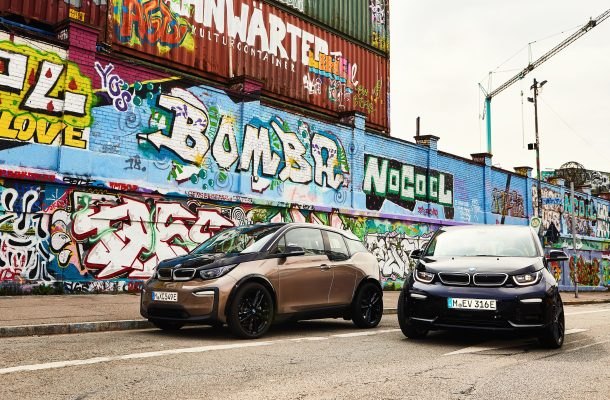





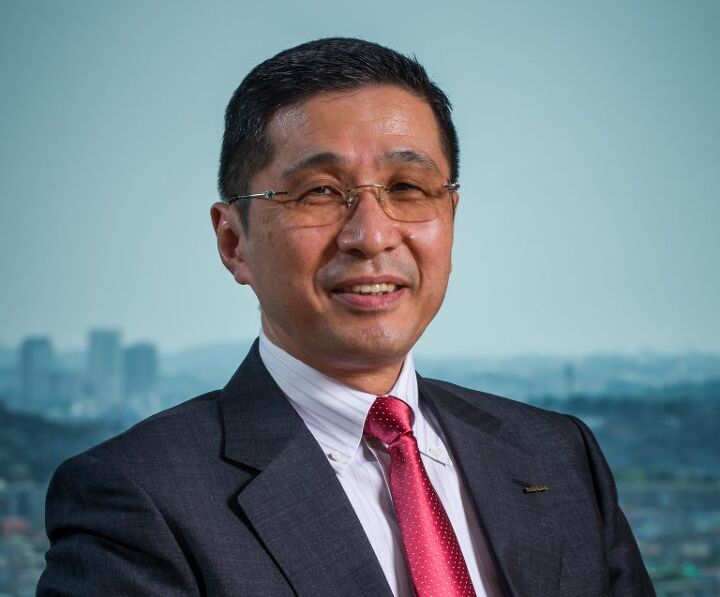


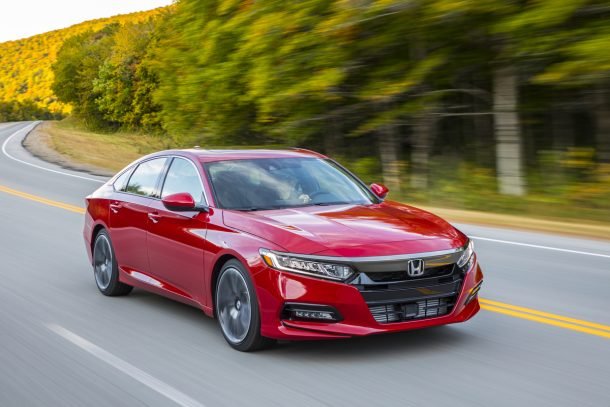
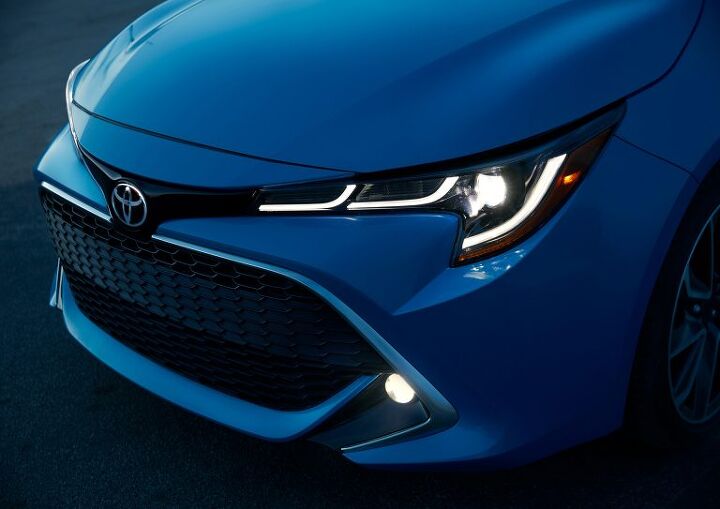
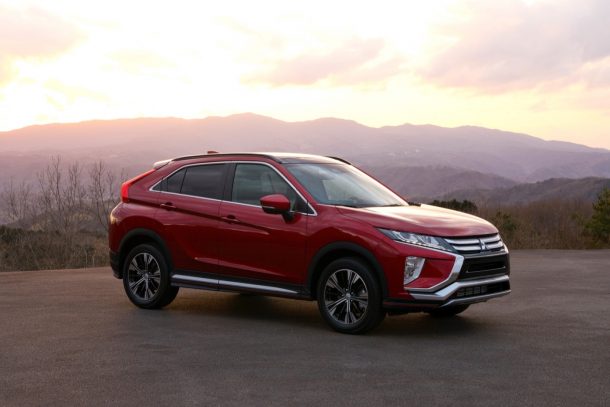

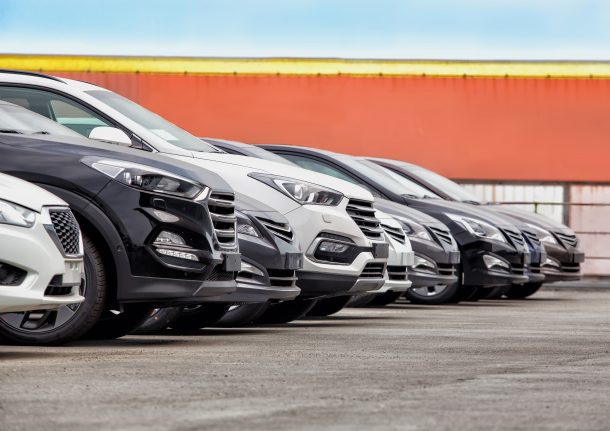











Recent Comments